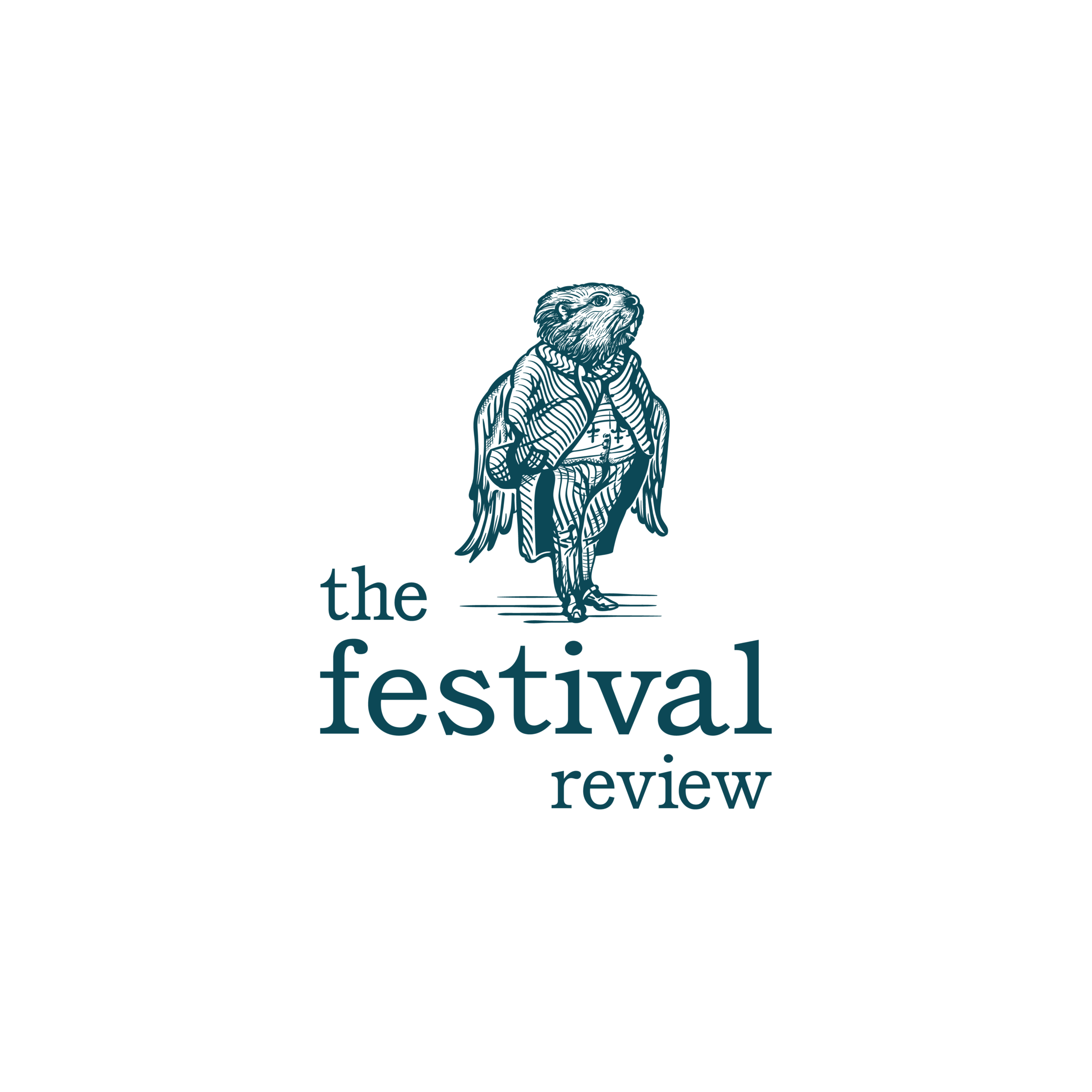Four Poems
The Persecuted Heroine
(ATU 510A, Japanese)
1. A girl is abused by her family.
The demands never cease: a bag full of chestnuts, beautiful kimonos for
the theater, a clean house. The girl’s bag is riddled with holes. They hope
she will die in the woods, worms crawling their way out of her mouth.
2. The girl seeks assistance.
Go to the woods. Go to the house of the old woman in the woods. She
will be alone spinning thread, with a light in the window. Go inside.
3. The girl receives an item that will change her fortune.
To escape the place that’s hurting you, all you need is:
A kind old woman with gifts,
a way around the monsters who might eat you,
a kimono and candy for the play.
When the oni come, she spreads rice around her mouth, as though
she’s died and worms already crawl throughout her flesh.
4. The girl marries a lord.
At the feast, the girl dances light on her toes in the theater kimono.
She notices two bowls on the table. One is crimson, the other mottled.
Before she can decide what color it must be, a child has knocked it
over and it shatters.
The Persecuted Heroine
(ATU 510A, Iranian)
1. A girl is abused by her family.
The demands never cease: spin the cotton, sort it into piles, kill your
mother and choose your father’s new wife, don’t let the yellow cow out
of the vinegar jar.
You’d think the girl never learned the word “no.”
2. The girl seeks assistance.
There is a demon in the well who will lie to you and a yellow cow who
will tell you the truth. There is good in the world. There is harm in the
world. They live inside the same round enclosed stones.
3. The girl receives an item that will change her fortune.
To escape the place that’s hurting you, all you need is:
a yellow cow,
to disobey the orders of a Dīv,
and a friendly wind.
(But she lies, you see, tells her sister that she ought to do as she’s told.
The girl who disobeys is given a moon on her forehead and a bright
star on her chin, and the other gains donkey’s ears and a tail.)
4. The girl marries a lord.
Separate beans from lentils. Cry until you’ve filled a jar with tears. Put
on these beautiful clothes and go. Get in the oven so the prince won’t
test the shoe upon your foot. Cover up the moon on your forehead and
the bright star on your chin.
Or don’t.
One-Eye, Two-Eyes, and Three-Eyes
(ATU 511)
1. A girl, starved by her family, is given a magic goat that provides
food.
In the summertime, the grass is yellow and dry. The daughter with
two eyes is often sent out to work the fields. She is dressed in rags,
and given nothing but scraps to eat. Her father is strangely absent.
We think we have heard this story before, perhaps, a very long time
ago.
2. Her mother kills the goat.
She’d like to say it was a friend, but what she misses most is the
feeling of a full belly as she lies in bed trying to fall asleep. She can’t
afford sentimentality. A goat is only worth its weight in food.
3. The girl plants the entrails and a magic tree grows.
It’s not a way out, but on cold nights she climbs to the top of the tree
until her entire body feels as though it’s been frozen. Her heart slows
until it beats just shy of normal, and the knot in her chest loosens
slightly.
In the distance, she can see houses that belong to other, kinder people.
4. A knight asks how he can get a branch from the tree, and the girl
tells him to marry her.
When he agrees, the tree lowers several branches just for him.
The Name
(ATU 500)
1. A king demands a girl turn straw to gold.
The straw has been left to rot in the rain. She tears into it, but it
offers no clues, only the first signs of decay. The door is locked from
the outside.
2. A dwarf offers to do the work in exchange for her firstborn child.
While he spins, she lies down in the hay and tries to sleep. She had
a dream once about a spinning wheel, but can’t remember how it
ended.
She awakens on a pile of gold. Her body has left its imprint in the
soft strands. When the king unlocks the door, a smile crawls across
his face.
3. The dwarf offers a new deal: learn his name, and keep her child.
Unable to marry the gold, the king settles for her and the riches she
has spun. But gold does not make a good bed. Gold does not make a
safe home or a kind husband or an unlocked door.
Their baby lies under golden blankets and screams himself to sleep.
4. The girl tells the dwarf his name is Rumpelstiltskin.
The gold ring on her finger dissolves, leaving nothing but the smell
of rotting hay. Her baby is safe in her arms. The dwarf is gone.
HAILEY SPENCER is the author of the new book of poetry, Out of Love in Spring, which is forthcoming from Finishing Line Press (2021).
